
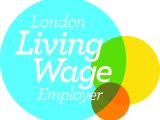
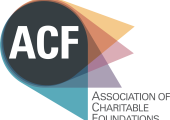
Cripplegate Ltd is the registered trustee of Cripplegate Foundation
Registered Charity 207499 Cripplegate Foundation Limited
Registered in England and Wales, Company Number 6129936 © 2021 Cripplegate Foundation
Sign up for our newsletter below to be kept up to date with our work.
Cripplegate Foundation will only use your email for direct communications and will never pass on your data.
Our recent research: ‘Challenging inequality through community connection in Islington’ sought to listen to and learn from residents in Islington. The report, which details insight from residents’ lives and experiences, will help to inform the future work of Cripplegate Foundation and Islington Giving. We caught up with Lydia and Noemi, our community researchers and authors of the report, to gain more insight into their research and their reflections.
Noemi Diamantini is an Islington resident and a sustainability professional. After a career in projects and operations management in the sports sector, she has specialised in sustainability over the last 2.5 years. Lydia Rose is a community artist leading a local grassroots organisation called Allie’s Art Club which received funding from Cripplegate Foundation for their monthly art socials and a community arts fair.
Lydia: As someone who’s lived in Islington for most of my life and has been very involved in the community, I was really excited by the opportunity to become a community researcher. I saw it as a great opportunity to learn more about my local community and make a positive impact. This experience gave me a greater insight into the needs and experiences of Islington residents, and how there is a real demand for inclusive and accessible spaces and services for people to find a sense of belonging and improve their mental health and wellbeing.
Noemi: I’ve always wanted to use my skill set to support my local community. When a friend told me about this opportunity, I thought it would be the perfect opportunity! What impacted my perspective was seeing how generous and non-judgemental the interviewees were when expressing their views on issues or problems experienced by other residents. I have been in some resident WhatsApp chats over the last years, and often people pointed fingers at other residents with difficulties (e.g. mental health issues, drug use etc., ) rather than reflecting on the root cause of their problems. So my experience as a community researcher restored some faith in the sense of community of the borough.
“There is a real demand for inclusive and accessible spaces and services for people to find a sense of belonging and improve their mental health and wellbeing.” ~ Lydia, Community Researcher
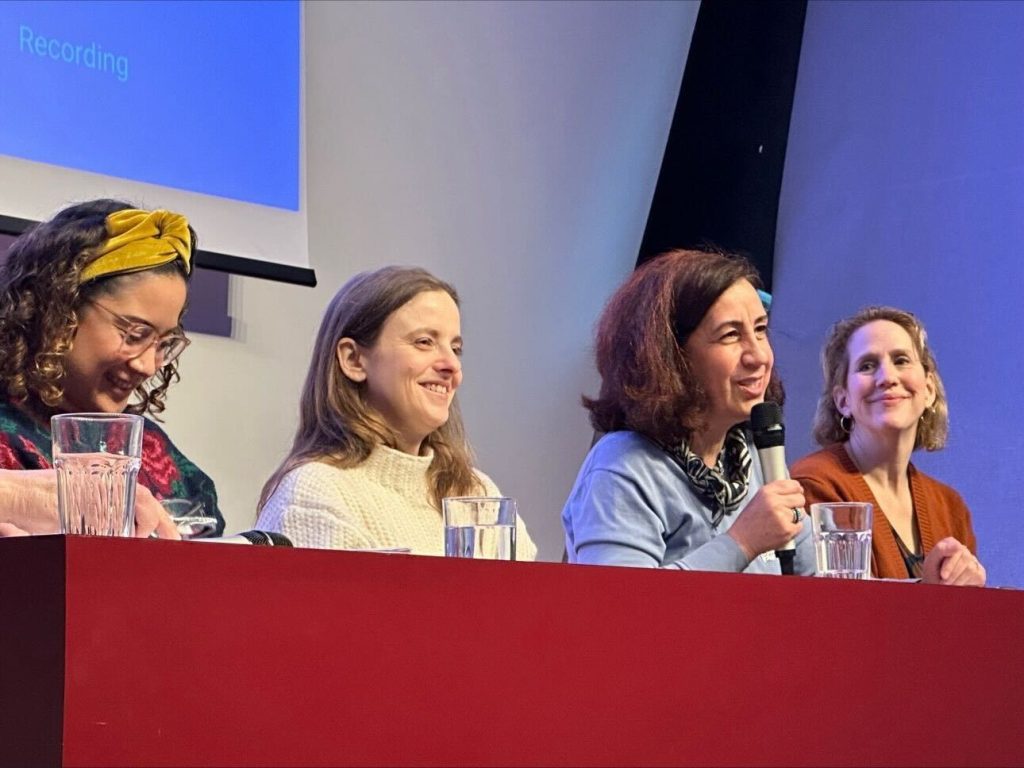
Lydia: A real standout moment for me was when I was speaking to a group about the challenges of accessing mental health support, and how they’d managed to find alternative ways of supporting their health and wellbeing, such as art, yoga and social groups. This really resonated with my own lived experience, and made me proud to be just as resilient and resourceful.
Noemi: The proudest moments were when we presented the research at the Annual Trustee meeting and during the launch of the report at the London Metropolitan University. On both occasions, the audience was very engaged and asked a lot of questions about the project testifying the importance of the work we have done.
“A real standout moment for me was when I was speaking to a group about the challenges of accessing mental health support, and how they’d managed to find alternative ways of supporting their health and wellbeing, such as art, yoga and social groups.” ~ Lydia, Community Researcher
Lydia: Community-led research enables local people to conduct and present the research themselves, meaning it is more representative of our views and lived experience. In particular, using the co-production method means the research is more equitable for researchers and conducted democratically.
Noemi: Our approach made the interviewees feel more comfortable to share their experiences. The fact that the interviews were conducted by other residents made the interactions feel more organic and I often felt as if I was having a heart-to-heart conversation with the people involved in the research. Since our interviews were also semi-structured, this allowed us to explore topics that were of more interest to the interviewees rather than following a checklist approach. Each resident has different experiences and causes they care about. I felt it was important to share the driver’s seat with them in the interviews without pushing them to cover the full list of topics.
“Our approach made the interviewees feel more comfortable to share their experiences. The fact that the interviews were conducted by other residents made the interactions feel more organic and I often felt as if I was having a heart-to-heart conversation with the people involved in the research.” ~ Noemi, Community Researcher
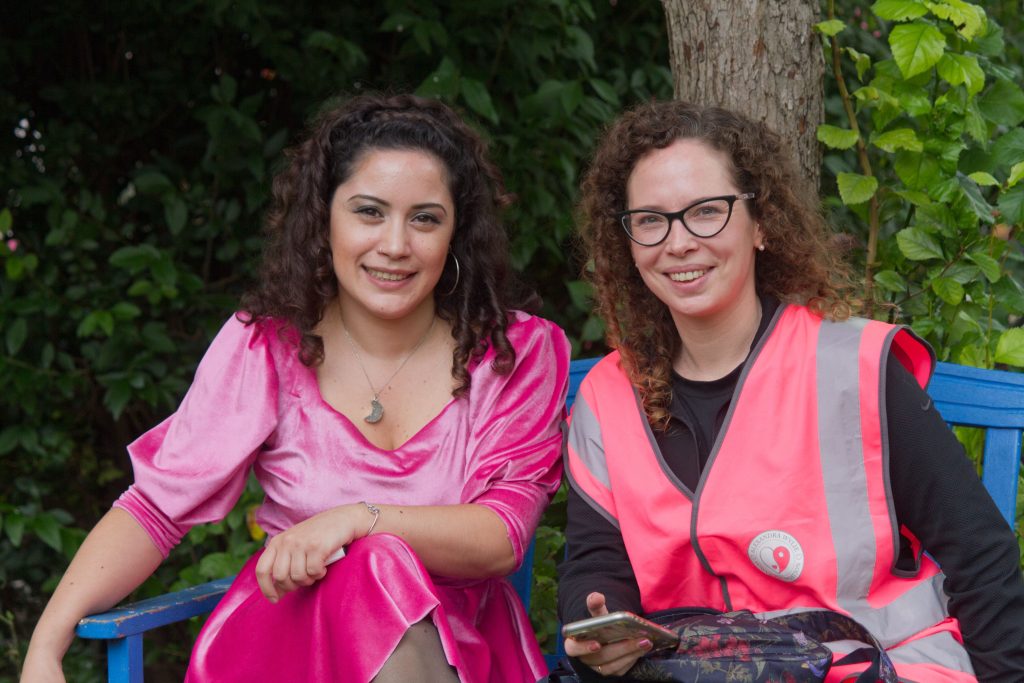
Lydia: Not really! I’ve interacted with a large number of Islington residents over the course of my life, and have become familiar with the broad needs and strengths of the community. It did give me a greater depth of understanding, however.
Noemi: For the community’s needs, some of the findings expanded my knowledge of the impacts of gentrification on people’s lives. Previously, I associated it with residents being priced out. However, during the research, I learned about other issues associated with it, such as the difficulties faced by elderly people and residents with mobility issues who can’t afford to do their shopping in small and more expensive supermarkets located on modern high streets. They are also unable to reach bigger and cheaper supermarkets unless they receive assistance. I was also very impressed that most interviewees not only shared their experiences and issues but they were very proactive in coming up with solutions. One person for instance suggested that since cinemas have to screen movies regardless of attendance, during the off-peak and quiet hours, they could give free tickets to the children and adults who couldn’t otherwise afford to go. This is definitely a strength of the Islington community!
“Community-led research enables local people to conduct and present the research themselves, meaning it is more representative of our views and lived experience.” Lydia, Community Researcher
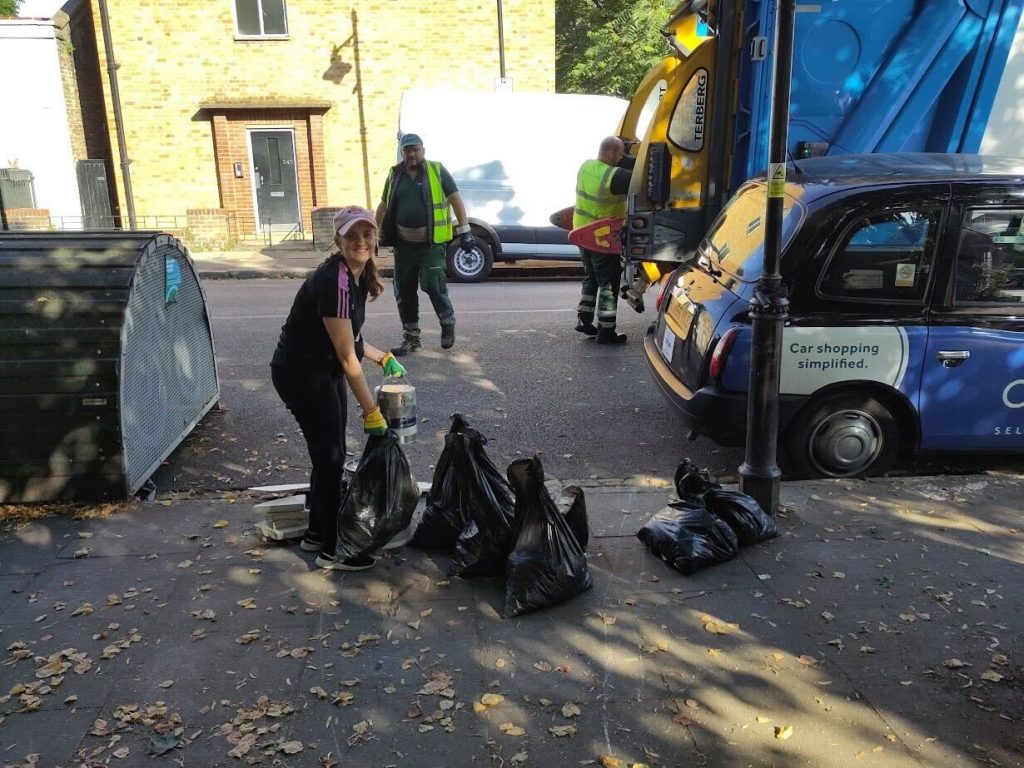
Signup to our newsletter for the latest news and updates



Cripplegate Ltd is the registered trustee of Cripplegate Foundation
Registered Charity 207499 Cripplegate Foundation Limited
Registered in England and Wales, Company Number 6129936 © 2021 Cripplegate Foundation


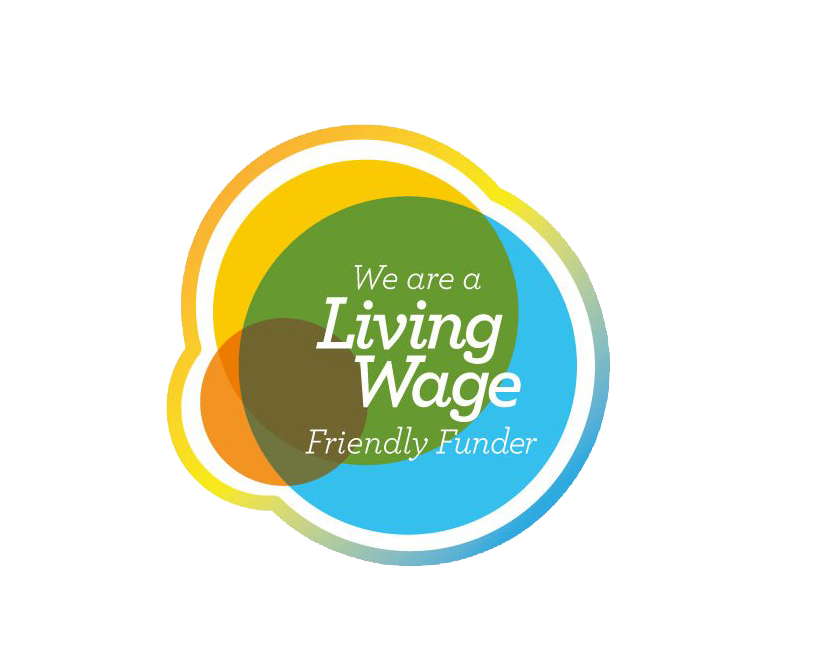
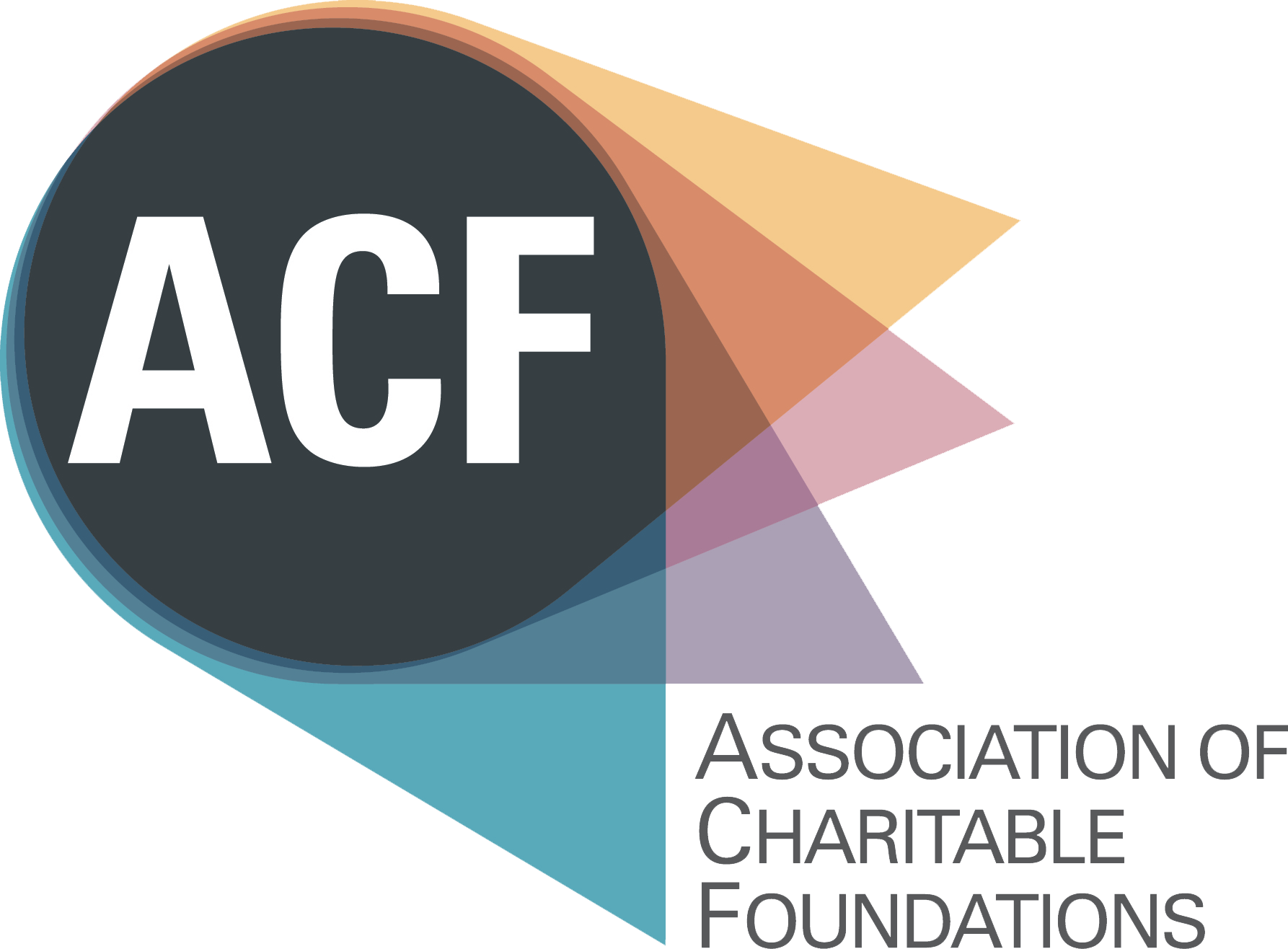
Cripplegate Ltd is the registered trustee of Cripplegate Foundation
Registered Charity 207499 Cripplegate Foundation Limited
Registered in England and Wales, Company Number 6129936 © 2023 Cripplegate Foundation